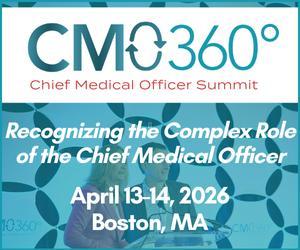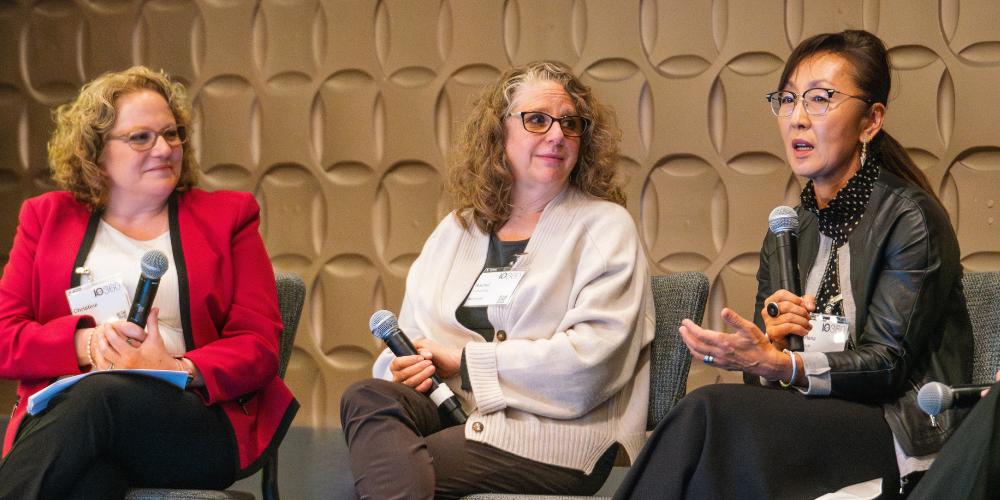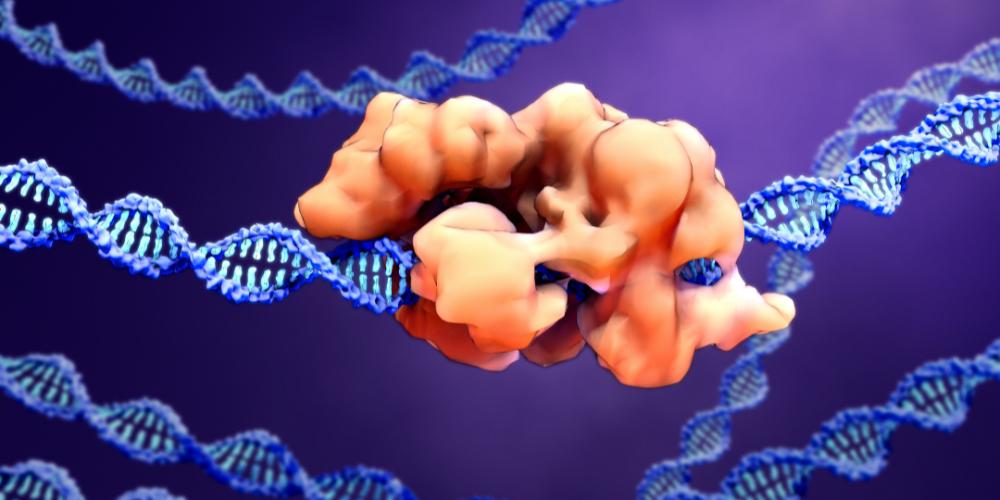
How are you advancing the field of immuno-oncology?
A large focus for Bicara is tumor targeting, bringing the right IO therapy to the right tumor, by leveraging a complementary or synergistic tumor-associated antigen.
Some IO therapies have struggled with safety or efficacy issues due to the lack of localization at tumor sites. Instead, we focus on delivering IO to the tumor, altering the unique microenvironment in hopes of delivering more meaningful therapies.
"If we can demonstrate that localizing IO with a complementary targeted agent in a single molecule can deliver greater efficacy and less toxicity, this could open up opportunities for challenging targets."
How are you contributing to that larger goal of “right therapy, right tumor”?
My main role is to lead the strategic clinical development of our lead asset BCA101 (anti-EGFR / TGFb trap), which is currently wrapping up our Ph1/1b with exciting data in 1L HNSCC. Additionally, I oversee the R&D and translational medicine / biomarker teams.
These teams span from early research through translation into the clinic. They drive the engine behind the scenes and focus on identifying new indications, potential biomarkers, collaboration opportunities, and key combinations to further our clinical development program.
What will become possible next if your work succeeds?
If we can demonstrate that localizing IO with a complementary targeted agent in a single molecule can deliver greater efficacy and less toxicity, this could open up opportunities for challenging targets. There are a number of different modalities being explored, including intratumoral delivery, but even that has its challenges with accessibility. If we can deliver a therapeutic dose without the toxicity, all the while in combination with a targeted therapy that can potentially enhance its effects, that could give us unique opportunities for further pipeline development.
One example that comes to mind are immuno-cytokines. There have been a number of efforts to bring cytokines such as IL-2 or IL-12 to the market, but the narrow therapeutic window makes it difficult to get a high enough concentration at the tumor without causing severe systemic toxicity.
"If we can deliver a therapeutic dose without the toxicity, all the while in combination with a targeted therapy that can potentially enhance its effects, that could give us unique opportunities for further pipeline development."
What made you passionate about entering the field?
Ever since I was a little girl, I have always loved science and think the human body is such an elegant and complex system. After seeing how cancer affected family and friends, I wanted to make an impact and be a part of transforming patient's lives.
It has been transformative to see how IO has changed the treatment of cancer. Seeing patients live longer because of the science behind leveraging the immune system is inspirational and makes me think, what can we do next, how can I be a part of that? This is why I am passionate about this space and humbled to contribute to it.
What is your career advice, especially for young women who are entering science careers?
It’s all about learning. Learn from those around you and the science you are interrogating. This will be a great foundation as you grow in your career. Learn from your environment. It's important to understand what type of environment you thrive in. Throughout my career, I have worked in both large pharma and small start-ups. They each have their own advantages and disadvantages but knowing what works for you and for what stage in your career is important.
Learn from mentors / advisors. One thing that has been transformational is establishing my own "Board of Directors". They can give you insights into things such as career paths, job opportunities, or provide connections to others who can help. And lastly, learn from feedback. I often saw feedback as me being inadequate. It took me a while to see this as a development opportunity and to make myself into a more well-rounded leader.
What are the specific modalities or pathways that you’re keeping an eye on?
I would love to see T-cell engagers make meaningful strides in solid tumors. There is a lot of potential with this modality and I think there can be thoughtful antibody engineering to address some of the liabilities that are associated with them.
Book Recommendations:
Fooled by Randomness by Nassim Nicholas Taleb. This book challenged my perspective on success and made me think about all the randomness and the role of chance had in my day-to-day life and in my career.










